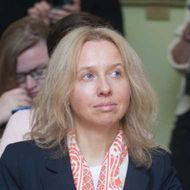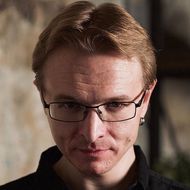В немецком журнале Osteuropa (2014. № 2-4 (64)) опубликованы статьи сотрудников Международного центра истории и социологии Второй мировой войны и ее последствий Олега Витальевича Будницкого "Service in the Lion’s Den Jews in the Russian Army in the First World War" и Людмилы Геннадьевны Новиковой "Continuum of Violence Russia’a North 1914–1920". См подробнее
Oleg Budnitskii
"Service in the Lion’s Den Jews in the Russian Army in the First World War"
Starting in 1827, Russia’s Jews were subject to general conscription. In the army, however, they were not welcome. Jews were considered unreliable and only limitedly combat worthy. With the start of the First World War, this prejudice became all the more evident. Numerous Jewish soldiers were executed as suspected saboteurs or spies. Many Jews nonetheless linked associated wartime deployment with hopes for an improvement in their social standing. However, the patriotic enthusiasm that had also embraced Jewish circles at the start of the war soon collapsed again. The officer’s career path and certain decorations continued to be denied to Jews, no matter how courageously they might have fought. This changed only after the October Revolution. During the Civil War, many leading positions in the Red Army were occupied by Jews who had been soldiers in the tsarist army.
Liudmila Novikova
"Continuum of Violence Russia’a North 1914–1920"
The Archangelsk Governorate was only a fraction of the European front during the First World War. But this ostensibly marginal region is representative for Russia. Neither the year 1917 nor the year 1918 represented a turning point. The First World War, the Revolution, and the Civil War were so tightly interwoven that contemporaries saw these periods as one continuum. Practices from the World War were transferred to the Civil War, military force turned into paramilitary violence, and veterans returning from the front waged various overlapping conflicts.





